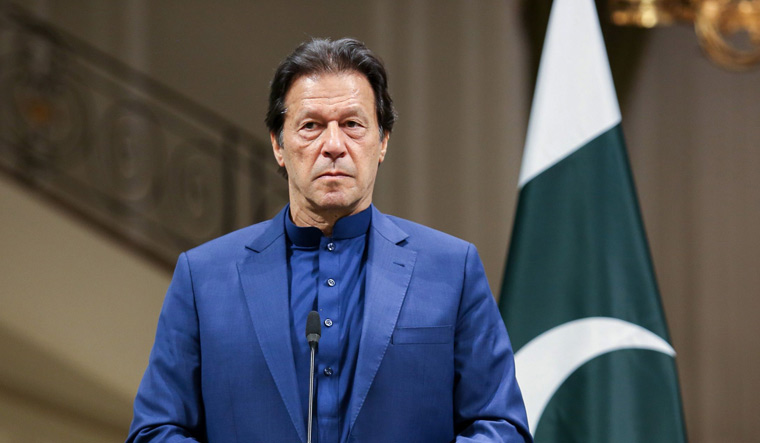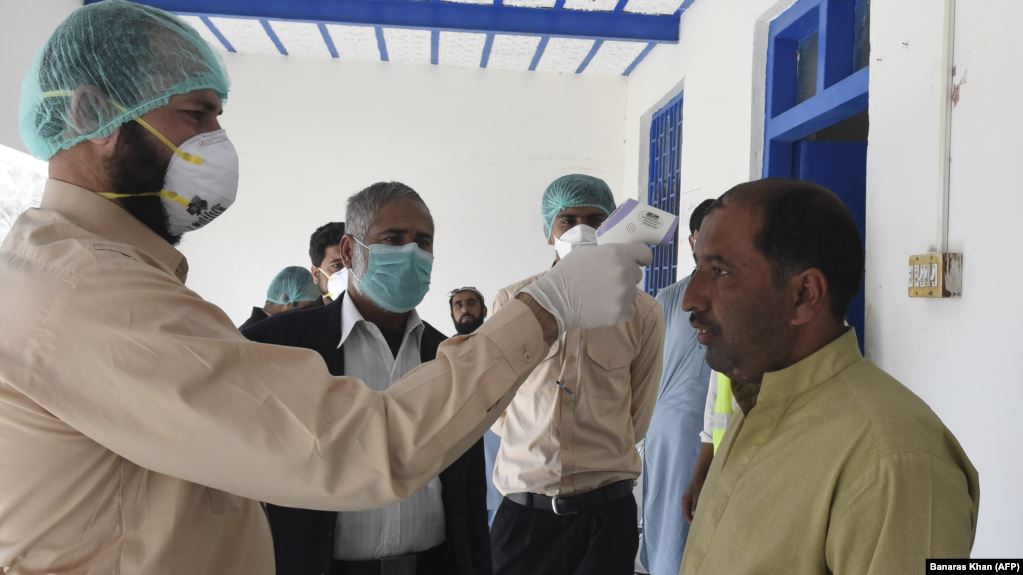When compared with other countries across the globe, Pakistan has also been badly affected by the COVID-19 pandemic. The cases of infected persons have been increasing daily. The pandemic has put an already vulnerable healthcare system under massive strain.
Fight against COVID-19
Pakistan’s Federal government is hampered in dealing with COVID-19. This is mainly due to the social, political and cultural context of the country. Lack of trust in government and institutions, political instability and economic vulnerability have been a few of the major factors that have hindered Pakistan’s fight against COVID-19.
[adinserter=”3″]
For combating Coronavirus, all mosques have been shut down across most Muslim nations, including Saudi Arabia. However, the Pakistani government has not been able to adopt such strict measures due to fear of a backlash from religious parties. So far, the government has only restrained Jummah (Friday) congregational prayers. As a result, it is essential to explore different ways of working with religious leaders and organizations to influence outcomes.

Source: Gulf News
Within the government of Pakistan, there are obstacles related to cooperation that should be overcome. There has been a lack of cooperation between the provincial and federal governments.
[adinserter=”4″]
Every province across Pakistan is making independent decisions as most essential services including social and health protection is now a provincial responsibility.

Source: Ary News
However, aviation and border control remain with the federal government. This is because provinces don’t have jurisdiction to strengthen surveillance at airports.
Provincial governments’ strategies
When compared with the federal government, the government of Sindh has illustrated strong leadership. Heading a team of young ministers and advisers, Sindh CM Syed Murad Ali Shah has taken some timely decisions. These include placing quarantine pilgrims from Taftan at Sukkur Quarantine Centre, announcing a provincial lockdown, enforcement of social distancing and limiting congregational prayers to 3-5 people in mosques. These important steps taken by the government of Sindh have restricted the spread of COVID-19 cases.
Other provinces across Pakistan are also following Sindh’s example. Government of Punjab also imposed a lockdown in the province until April 14. The Punjab government requested the public to follow the guidelines and ensure that they don’t leave home unless necessary. The KPK government placed a ban on inter-district public transport until April 12. This was part of the initiatives taken by the government for tackling the COVID-19 in the province.
The Balochistan government has also implemented lockdown in Quetta and other districts of the province. However, In terms of key social indicators, Balochistan is lagging behind all other provinces in Pakistan. Most of Balochistan’s rural areas don’t even have sufficient medical facilities. As per the data provided by the health department, the estimated number of doctors operating in Balochistan is around 5000 to provide healthcare facilities for nearly 12 million individuals.
It is uncertain whether interventions taken by the Federal government are sufficient to reduce the loss of life and economic hardship.
[adinserter=”5″]
What do you think of the story? Let us know in the comments section below!







